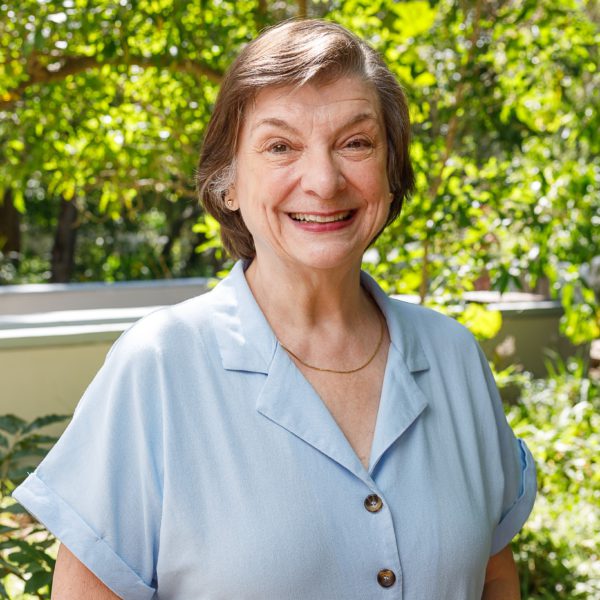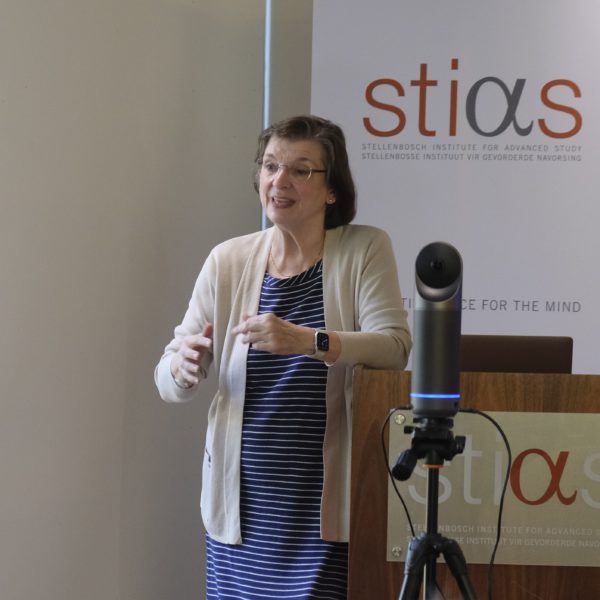With increased transnational migration in recent years, children growing up with more than one language has become more and more common as people cross borders, integrate into new cultural-linguistic landscapes, form intermarriages and partnerships, and create multilingual families. Home language maintenance and development in multilingual families has become highly complex in contemporary globalization, given the social, cultural and linguistic changes brought about by new communication technologies and changes in the political and economic landscape. The burgeoning interdisciplinary field of family language policy (FLP) addresses these issues. Earlier studies primarily asked what affordances contribute to successful language learning, while more recent work also brings out issues of meaning-making, lived experiences, agency and identity constructions in
multilingual transnational families. This project addresses two theoretical concepts that deserve more attention in FLP research: space and temporality. What started out as a northern (European/ North American) focus in FLP studies has more recently begun to highlight the diversity of modern families with new family forms and with diversified family language policies. Nonetheless, more attention is needed to a Global South perspective (including many African multilingual landscapes), which can provide insights for integrating the concepts of space and temporality in the study of FLP.
Menu
Share this project:
Share on whatsapp
WhatsApp
Share on email
Email
Share on facebook
Facebook
Share on twitter
Twitter
Share on linkedin
LinkedIn
Is any information on this page incorrect or outdated? Please notify Ms. Nel-Mari Loock at [email protected].


